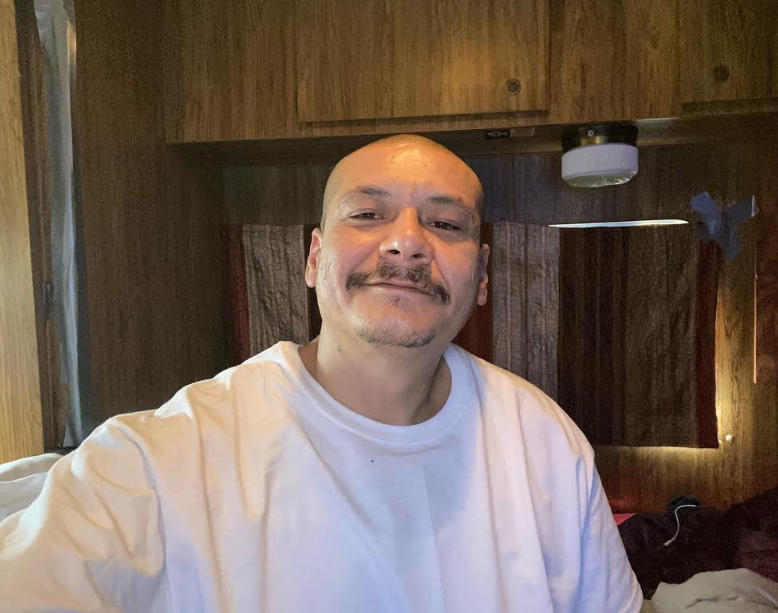
- Details
- By Darren Thompson
IDAHO FALLS, Idaho — Known to the world as “Doggface”, Nathan Apodaca (Northern Arapaho and Mexican) recently tested positive for Covid-19.
On his social media accounts, he shared a photo of his positive test result on Tuesday, Dec. 15, not long after he traveled to Los Angeles by plane to fulfill media projects. TMZ reported on Dec. 15 that it was his first time traveling via plane.
According to TMZ, Apodaca started feeling Covid symptoms four days after returning home from Los Angeles. Some of his symptoms included headaches, fever, coughing, congestion and difficulty breathing, according to his talent agency Gitoni Productions.
Apodaca is considered one of 2020’s biggest internet sensations after he went viral on TikTok for skateboarding to Fleetwood Mac’s “Dreams” while sipping Ocean Spray. His video sent the classic Fleetwood Mac hit to the top of music charts for the first time in decades, inspiring thousands of people to make their own video encouraging everyone to “stay steady vibin’.”
His TikTok post was used in Ocean Spray television commercials that provided Apodaca high visibility, including commercials that ran during the World Series this past fall.
According to his agent, Apodaca has had to reschedule several appearances due to the positive test result as well as a family vacation he had planned for his family during the holidays. He recently got engaged to his fiancé, Estela Chavez, while in Los Angeles where she also has tested positive for Covid.
In his normal fashion, he posted a video on TikTok dancing to Gloria Gaynor’s “I Will Survive.” He has more than 3 million followers on TikTok.
More Stories Like This
Native News Weekly (August 25, 2024): D.C. BriefsNavajo Nation Mourns the Passing of Former Vice President Rex Lee Jim
Deb Haaland Earns Endorsement From Communications Workers of America Local 7076
University Soccer Standout Leads by Example
Two Native Americans Named to Democratic Congressional Campaign Committee's“Red to Blue” Program
Help us defend tribal sovereignty.
At Native News Online, our mission is rooted in telling the stories that strengthen sovereignty and uplift Indigenous voices — not just at year’s end, but every single day.
Because of your generosity last year, we were able to keep our reporters on the ground in tribal communities, at national gatherings and in the halls of Congress — covering the issues that matter most to Indian Country: sovereignty, culture, education, health and economic opportunity.
That support sustained us through a tough year in 2025. Now, as we look to the year ahead, we need your help right now to ensure warrior journalism remains strong — reporting that defends tribal sovereignty, amplifies Native truth, and holds power accountable.
 The stakes couldn't be higher. Your support keeps Native voices heard, Native stories told and Native sovereignty defended.
The stakes couldn't be higher. Your support keeps Native voices heard, Native stories told and Native sovereignty defended.
Stand with Warrior Journalism today.
Levi Rickert (Potawatomi), Editor & Publisher
